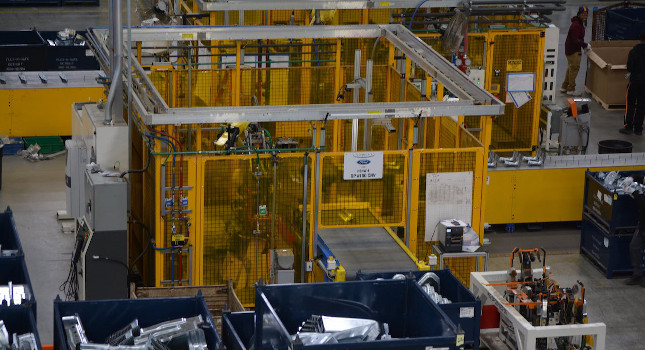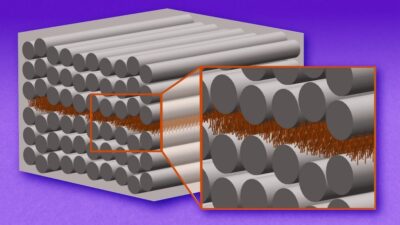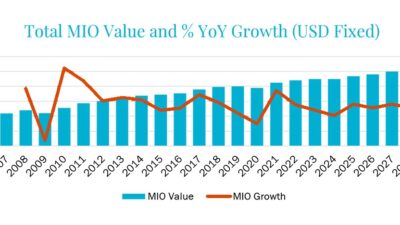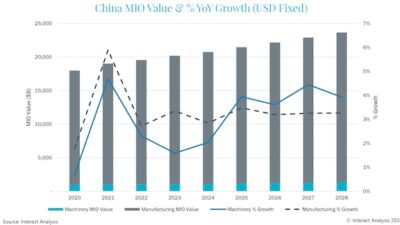The purchasing manufacturers' index (PMI) slid in April down to 41.5%, marking a contraction for the first time since 2009 as the COVID-19 pandemic continues to cause turmoil in the markets and supply chain.

Economic activity in the manufacturing sector contracted in April, and the overall economy contracted after 131 consecutive months of expansion, say the nation’s supply executives in the latest Manufacturing ISM Report On Business.
Timothy Fiore, CPSM, C.P.M., Chair of the Institute for Supply Management (ISM) Manufacturing Business Survey Committee, said in a press release: “The April PMI registered 41.5%, down 7.6 percentage points from the March reading of 49.1% The new orders index registered 27.1%, a decrease of 15.1 percentage points from the March reading of 42.2%. The production index registered 27.5%, down 20.2 percentage points compared to the March reading of 47.7%. The backlog of orders index registered 37.8%, a decrease of 8.1 percentage points compared to the March reading of 45.9%. The Employment Index registered 27.5%, a decrease of 16.3 percentage points from the March reading of 43.8%. The Supplier Deliveries Index registered 76% up 11 percentage points from the March reading of 65%, limiting the decrease in the composite PMI. Only two of 18 manufacturing industries reported growth in April: paper products; and food, beverage & tobacco products.
“Comments from the panel were strongly negative (three negative comments for every one positive comment) regarding the near-term outlook, with sentiment clearly impacted by the coronavirus (COVID-19) pandemic and continuing energy market recession. The PMI indicates a level of manufacturing-sector contraction not seen since April 2009, with a strongly negative trajectory,” Fiore said.
“The coronavirus pandemic and global energy market weakness continue to impact all manufacturing sectors for the second straight month. Among the six big industry sectors, Food, Beverage & Tobacco Products remains the strongest. Transportation Equipment and Fabricated Metal Products are the weakest of the big six sectors,” Fiore said.
What respondents are saying:
- “Thirty-percent decrease for April due to COVID-19 impact on both customers and suppliers.” (Computer & electronic products)
- “Production stopped, other than to make hand sanitizer for those in need.” (Chemical products)
- “COVID-19 has created a wave of activities, including vendors closing, vendors focusing only on the medical industry, employees not coming to work, delayed shipments from overseas, [and] etcetera.” (Transportation equipment)
- “The food processing B2B space remains steady. We are weathering the storm. There is a fortunate increased need for packaged foods. Softening is showing through in some products that find their way into food service and lodging.” (Food, beverage & tobacco products)
- “Our refinery is losing money making gasoline due to the falling demand.” (Petroleum & coal products)
- “We supply the construction industry in various ways, where the slowdown has been a bit slower than most industries. It is, however; beginning to impact our business, and we see more challenges on the horizon.” (Fabricated metal products)
- “The company I work for manufactures personal protective equipment [PPE], specifically N95 masks, face shields, as well as selling protective clothing and hand protection. In the area of PPE, our backlog has spiked to numbers we have never seen. While no doubt some of the backorders will be canceled, many of the orders are longer term commitments from [the] U.S. government.” (Apparel, leather & allied products)
- “Our packaging business is starting to see signs of a slowdown in May after two strong months into COVID-19.” (Paper products)
- “COVID-19 has destroyed our market and our company. Without a full recovery very soon, and some assistance, I fear for our ability to continue operations.” (Nonmetallic mineral products)
- “Dealing with the effects of coronavirus and having 65% of our operations down.” (Furniture & related products)
Fiore said of the current economic environment and the index: “The past relationship between the PMI and the overall economy indicates that the PMI for April corresponds to a 0.4-percent decrease in real gross domestic product (GDP) on an annualized basis. From a pure demand and material-conversion standpoint, discounting the oversized influence in the ability to obtain supply, the economic contraction in April was likely sharper than the traditional PMI calculation indicates.”



